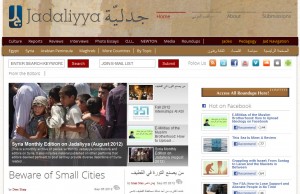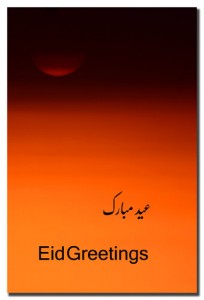The Middle East Center at the University of Pennsylvania is putting out a call for papers on cultural, social, political, economic, and intellectual exchanges between the Ottoman and Persian empires 16th through 20th centuries for a day-long symposium to be held in Friday, 26 April 2013 to be held at the University of Pennsylvania. Championing different expressions of Islam and sharing a long and turbulent border, the Ottoman and Persian empires rivaled each other since the rise of the Safavid state in Persia in the 16th century until the fall of Qajars and the Ottoman dynasties at the turn of the 20th century. This regular contact produced rich historical encounters between the two states.
Traditional historiography had portrayed the Ottoman and Persian histories as a narrative of struggle against European encroachment and attempts at “modernization” that derived inspiration from Europe since the early 19th century. Until recently, such a portrayal had overlooked the rich historical interactions between the two empires, including but not limited to trade, smuggling, pilgrimage (or religious tourism), intellectual exchanges, nomadic border tribes, and expatriate communities that inhabited the Ottoman-Iranian territories.
The symposium hopes to bring together scholars working on issues at the intersection of Ottoman and Persian relations to shift the focus of the debate to the eastern fault line of Middle Eastern history and to shed light on the historical interactions between the two empires, which governed almost the entire Middle East up until the end of World War I. Please submit your abstracts (300 words maximum) by 1 November 2012 . Selected scholars will be contacted in December 2012, and Penn’s Middle East Center will publish the papers presented in the symposium as an edited volume.
Possible topics may include the following:
• Territorial claims and counter-claims
• Ethnic and religious minorities in national boundaries
• Tribal dynamics and religious tensions
• Comparative gender issues
• Cultural and literary nationalism
• Great power rivalries in the 19th century (British, Ottoman, Russian, and Persian ambitions)
• Social and economic consequences of oil
• Trade patterns and economic development
All communication and abstracts should be submitted to this email: iranveturan@gmail.com
 Jadaliyya is an independent ezine produced by ASI (Arab Studies Institute), the umbrella organization that produces Arab Studies Journal (www.ArabStudiesJournal.org) and runs the Documentary Film Collective, Quilting Point.
Jadaliyya is an independent ezine produced by ASI (Arab Studies Institute), the umbrella organization that produces Arab Studies Journal (www.ArabStudiesJournal.org) and runs the Documentary Film Collective, Quilting Point.







